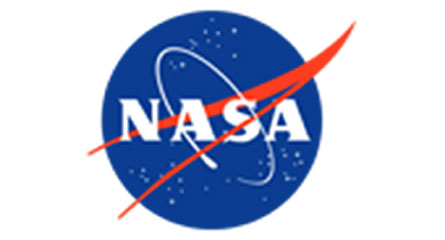NASA has yet to reschedule a launch date for a Falcon 9 rocket that will transport a University research project to the International Space Station.
Dr. Karl Hasenstein’s biology experiment to study how plants sense and react to gravity was first set to travel to the space station on Sunday, March 16, from Cape Canaveral, Fla., as part of a resupply mission. That launch date was postponed, and then rescheduled for Sunday, March 30.
The second launch date was canceled due to an electrical short to a tracking radar, according to information from the U.S. Air Force posted on NASA’s website.
“The outage resulted in an inability to meet minimum public safety requirements needed for flight, so the launch was postponed,” a press release states.
The release also states that a new launch schedule would depend on “resolution of the anomaly. Early indications are all launches scheduled for (Fiscal Year 2014) will be supported. More information will be provided as it becomes available.”
Read the entire release at NASA’s website.
Learn more about the research at Hasenstein's project.
